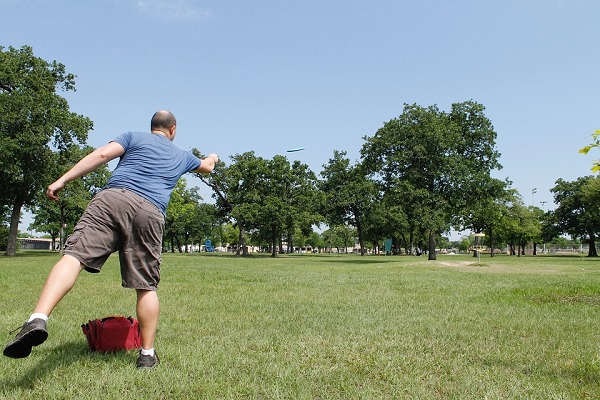Loneliness is an emotion more common than depression, and the effect has been likened to the health risks of cigarettes, or alcoholism. In an age of technology, it seems like socializing on a face to face basis is a lost art, and as interactive as our society is on screen, we can’t thrive this way. We are social creatures by nature, and feelings of isolation, or lack of acceptance can increase the risk of age-related illness such as Alzheimer’s and cardiovascular disease.
Seniors often struggle with feelings of loneliness, and disconnect maybe through the loss of a spouse, children, and grandchildren moving away, or leaving the workforce. Retirement alone can make someone feel like they no longer have a reason to get out of the house particularly for those living alone.
The mind, and body connection is a powerful one, and research is finding mindful meditation to be an effective way to preserve brain health, reduce inflammation, and promote feelings of well being. Meditation is an ancient practice in existence for thousands of years as a way to reduce stress, improve emotional balance, and memory. A UCLA study showed participants aged 55-85 who engaged in an eight-week meditation practice had better preserved grey matter in the brain (responsible for memory, and executive function), and felt a reduced sense of loneliness compared to those who did not participate.
The act of meditation is something anyone can do, and isn’t directly related to any religious belief system. Anxiety, and depression often stem from fear of the future, and meditating teaches us to be in the present, aware of where we are at this moment. It can be done anywhere, for any amount of time, but research suggests making it a long term practice to maximize the benefits. Whether it’s ten minutes or an hour, find a quiet place to clear your mind, and focus on your breathing. Early morning when all is still new is a perfect time to savor the tranquility.
“The practice of mindfulness is simply being aware of what is happening right now”
~Anonymous




